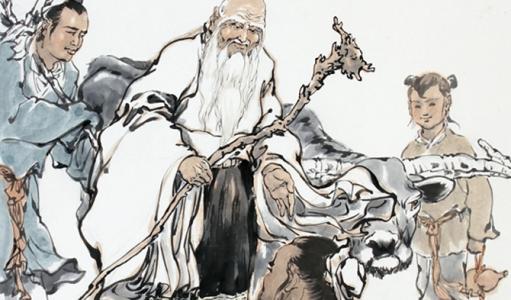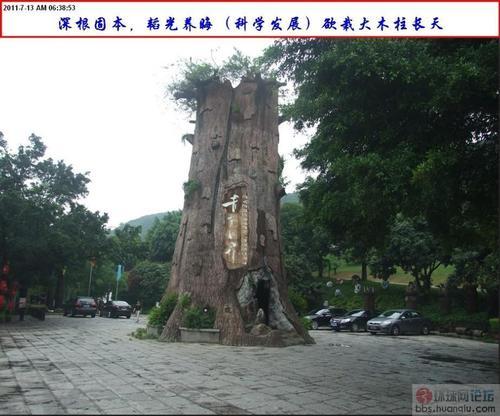《道德经》第五十九章原文:
治人事天,莫若啬。夫唯啬,是谓早服;早服谓之重积德;重积德则无不克;无不克则莫知其极,莫知其极,可以有国;有国之母,可以长久。是谓根深固柢,长生久视之道。

根据我粗浅的理解译为:
统治人民、事奉天地,没有什么比节制有度更为重要的了。只有节制有度,才能早早领悟自然之道,早早领悟自然之道也就能积德厚重,积德厚重了便无所不能,无所不能就是这种能力深不可测,没有人能知道这种能力的极限。具备了这种无法估量的能力,就可以担负治理国家的重任。具备了这种能力也有了治理国家的根本,它可以使国家长治久安。这也是大树因为根深蒂柢固才能长久存活的道理。

我用简单英语翻译如下:
Nothing is more important than moderation in ruling people and serving heaven. Only with moderation,can one comprehend the principle of Nature as early as possible. Early to follow the principle of Nature,he can also accumulate virtue. If one have accumulated virtue thickly,he can do everything. He that can do everything is fathomable,and no one knows the highest limt of his ability. Because he has infinite ability to do everything,he can shoulder the heavy responsibility of governing the country. Also,this ability is the foundation of governing the country, it can make the country has a lasting peaceful and stable development. The big trees can survie for a long time because they are deeply rooted. The reason is just the same.

【附注】①我把“啬(sè)”理解为“节制有度”或“做事有分寸”,译为“moderation”。
②“深根固柢(dǐ)”也可译为:“if the roots are deep,the tree will be stable.”






